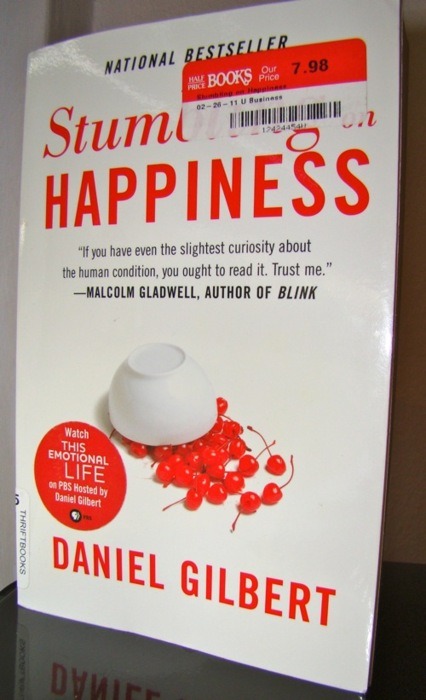
DSC_4320 by archer10 (Dennis)
About 70% of these people invested a ton of effort and time into getting great grades, doing internships at famous companies and traveling to other countries; mostly with the aim of keeping their career options open
There is nothing wrong with that behavior. It’s allows you to keep options open. However, now the sunk costs fallacy comes into play. What’s the idea behind that fallacy?
Sunk costs are costs which can’t be recovered. An example (from Wikipedia) is non-refundable movie tickets. You could either watch the movie, even if its horrible or just throw the tickets away and do something else. Rational behavior would be to do something else if this something else (for example, eating ice cream) has a higher utility than watching the horrible movie, even if you paid $50 for the movie ticket. The sunk costs shouldn’t influence your decision.
The fallacy is that people do include sunk costs instead of ignoring them. How does that apply to education/careers?
Let’s go back to our successful students. They finally graduated and have now the chance to choose the future career. What I’ve experienced is that they don’t want to throw away their past efforts and decided that they should rather choose a career in management consulting/investment banking/research instead of what they actually want to do; something that would make them happier. And all this just because they don’t want to have the feeling that they wasted some of their time.
Firstly, you don’t have wasted your time. See it this way: All your experience that you earned in this time helped you to come to the conclusions you have now.
Secondly, it’s quite normal to act like this, however not the best way. The underlying phenomena is loss-aversion. People try to avoid loss more than they try to get profit. Approximately $2 loss is equal to $1 earned.
Thirdly, this is what I call the second division effect/strategy. It comes from football leagues. There is the premiere league or first division where all the top players of a country play in. And there is the second division, where good but not great players play in.
The idea is this: You could either be a mediocre player in the premiere league or a top player in the second division. I personally be rather the top player in the second division. Interestingly, there is research which shows similar results for most of the population.
They were asked to choose one job. On the first job they would earn $50k but everybody else would earn $60k. On the other job they would earn $40k but everybody else would earn $30k. The majority choose the second job, the second division job.
All in all, the best thing is simply try to avoid to fall into this trap but when you gain more insight into yourself, you’ll probably be able to climb out of this pitfall.

